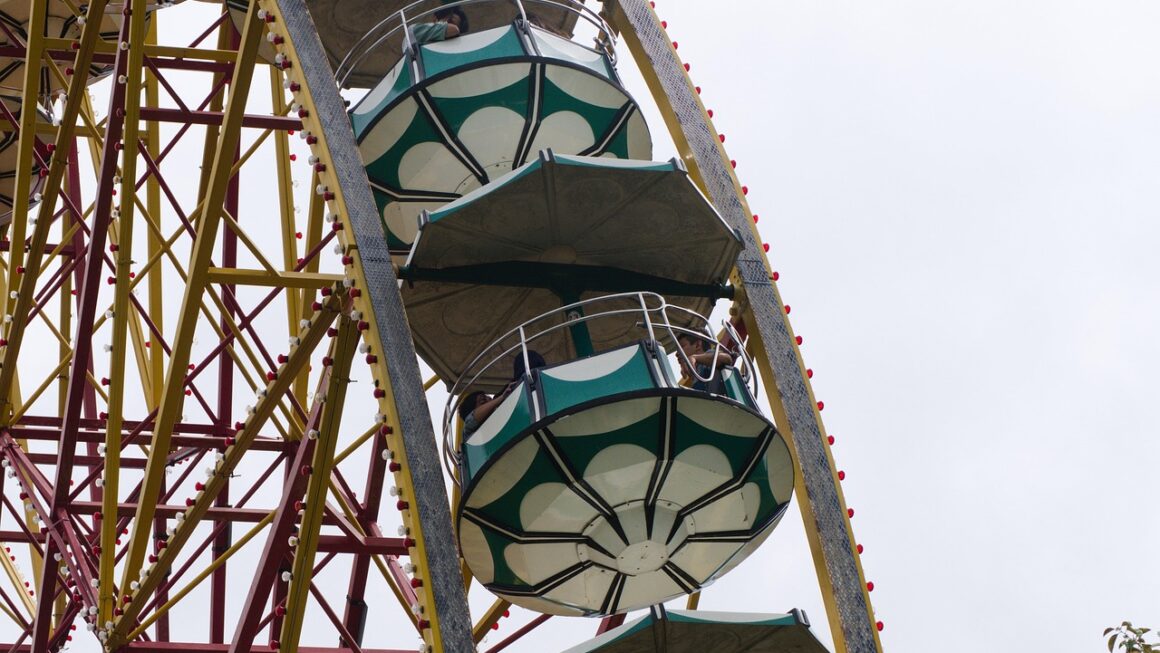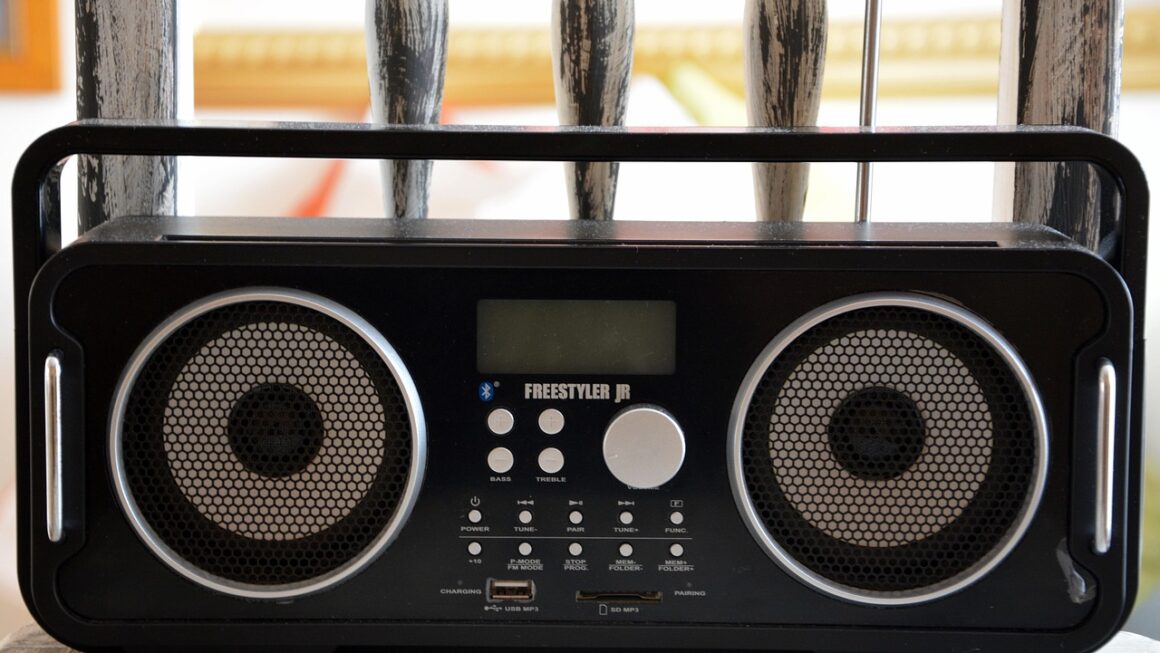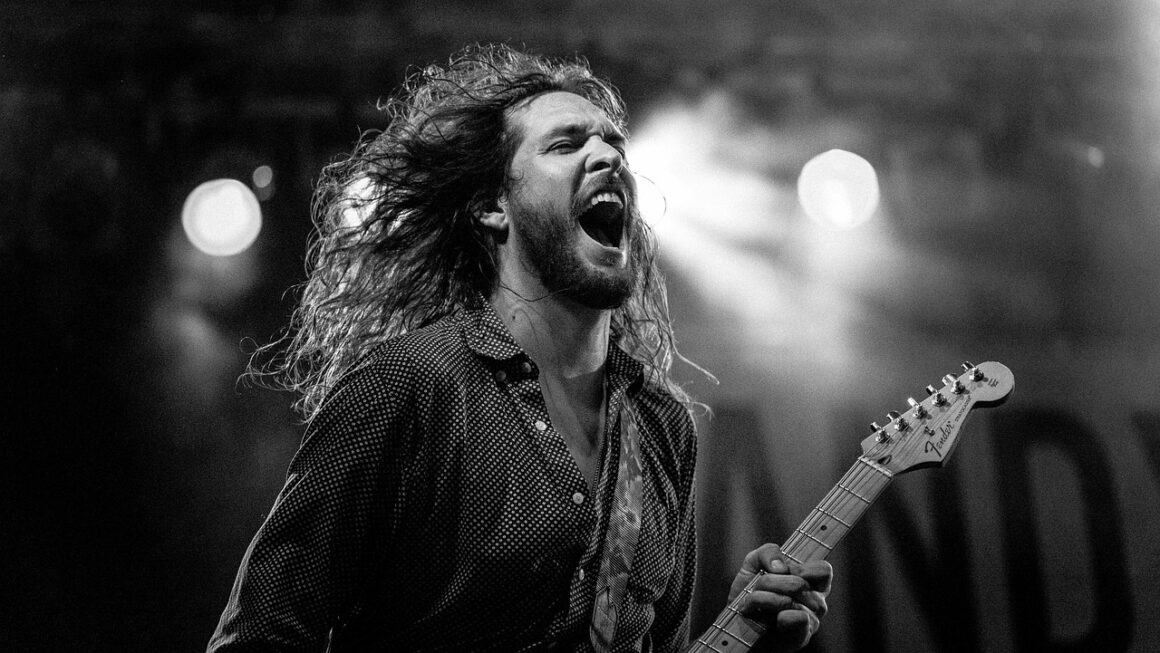Comedy shows offer a much-needed escape from the daily grind, a chance to laugh until your sides hurt, and an opportunity to connect with others through shared humor. From stand-up routines that dissect the absurdities of life to improv performances that thrive on spontaneity, the world of comedy provides a diverse range of entertainment options. Whether you’re a seasoned comedy enthusiast or just looking for a lighthearted night out, this guide will help you navigate the landscape of comedy shows and make the most of your experience.
The Allure of Live Comedy
The Unique Experience
Live comedy offers a unique and irreplaceable experience compared to watching a comedy special on television or streaming online. The energy of the crowd, the performer’s interaction with the audience, and the unpredictable nature of live performance all contribute to a memorable event. It’s more than just hearing jokes; it’s about being part of a collective experience of laughter and shared joy.
- Immediacy: The jokes are delivered in real-time, and the comedian can adjust their performance based on the audience’s reaction.
- Connection: There’s a palpable connection between the performer and the audience, creating a sense of community.
- Unpredictability: Anything can happen during a live performance, leading to unexpected moments of hilarity.
Health Benefits of Laughter
Beyond pure entertainment, attending comedy shows can actually be beneficial for your health. Laughter is a powerful stress reliever and mood booster. Studies have shown that laughter can:
- Reduce stress hormones like cortisol.
- Increase endorphins, which have mood-boosting and pain-relieving effects.
- Improve immune function by boosting the activity of immune cells.
- Help relax muscles and reduce physical tension.
Types of Comedy Shows
The world of comedy shows is vast and diverse. Understanding the different types of comedy can help you find the perfect show to suit your taste.
Stand-Up Comedy
Stand-up comedy is arguably the most popular form of live comedy. It typically involves a single performer delivering a prepared routine, often incorporating personal anecdotes, observational humor, and social commentary.
- Classic Format: A comedian stands on stage, usually with a microphone, and tells jokes to a live audience.
- Varied Styles: Stand-up comedians have a wide range of styles, from observational humor to political satire. Examples include Jerry Seinfeld (observational), Bill Burr (cynical), and Hannah Gadsby (deconstructed).
- Open Mic Nights: A great way to discover emerging talent. Many comedy clubs host open mic nights where aspiring comedians can try out their material.
Improv Comedy
Improv comedy is unscripted and spontaneous. Performers create scenes and stories on the spot, often based on suggestions from the audience. This type of comedy relies heavily on collaboration, quick thinking, and a willingness to embrace the unexpected.
- Key Elements: Spontaneity, collaboration, and audience participation.
- Common Formats: Short-form games (like those seen on “Whose Line Is It Anyway?”) and long-form scenes that develop over time.
- Training and Workshops: Many improv theaters offer classes and workshops for those interested in learning the art of improv.
Sketch Comedy
Sketch comedy involves short, pre-written scenes performed by a group of actors. Sketch shows often feature recurring characters, satirical themes, and absurd situations.
- Structure: A series of short, self-contained scenes or skits.
- Writing and Performance: Requires strong writing skills and talented performers who can embody a variety of characters.
- Examples: “Saturday Night Live,” “Key & Peele,” “Monty Python’s Flying Circus.”
Alternative Comedy
This category encompasses comedy that doesn’t fit neatly into the traditional stand-up, improv, or sketch formats. It can include experimental performances, character-based comedy, musical comedy, and more.
- Breaking Boundaries: Often pushes the boundaries of traditional comedy and explores unconventional themes.
- Unique Voices: Showcases diverse perspectives and styles.
- DIY Approach: Often produced independently in smaller venues.
Finding and Choosing Comedy Shows
Online Resources
Numerous online resources can help you find comedy shows in your area or while traveling.
- Comedy Club Websites: Most comedy clubs have websites where you can view their schedules, purchase tickets, and learn more about the performers.
- Ticketing Platforms: Websites like Eventbrite, Ticketmaster, and See Tickets often list comedy shows alongside other events.
- Local Event Listings: Check local newspapers, magazines, and websites for comedy show listings.
- Social Media: Follow comedy clubs and comedians on social media to stay updated on their latest shows.
Factors to Consider
When choosing a comedy show, consider the following factors to ensure a positive experience:
- Your Taste in Humor: Different comedians have different styles. Research the performers beforehand to see if their humor aligns with your preferences.
- Venue: Consider the venue’s size, atmosphere, and location.
- Ticket Prices: Comedy shows can range in price, depending on the performer and the venue.
- Reviews: Read reviews from other attendees to get an idea of what to expect.
Comedy Clubs vs. Other Venues
Comedy shows can take place in a variety of venues, each offering a different atmosphere and experience.
- Comedy Clubs: Dedicated venues that specialize in comedy shows. They often have a relaxed atmosphere, a full bar, and a menu of food items.
- Theaters: Larger venues that host a variety of performances, including comedy shows.
- Bars and Pubs: Many bars and pubs host smaller comedy shows, often featuring up-and-coming comedians.
- Outdoor Venues: Parks, amphitheaters, and other outdoor spaces sometimes host comedy shows, especially during the summer months.
Comedy Etiquette: Being a Good Audience Member
Respecting the Performer
Being a good audience member is crucial for creating a positive and enjoyable experience for both the performer and the other attendees.
- Pay Attention: Avoid talking, texting, or engaging in other distracting behavior during the performance.
- Show Appreciation: Laugh at the jokes you find funny, and applaud after the performance.
- Be Mindful of Your Drinks: Don’t spill drinks or make excessive noise.
- Respect Boundaries: If the performer engages with the audience, be respectful of their boundaries and avoid being disruptive.
Interacting Responsibly
While audience interaction can be a fun part of live comedy, it’s important to do it responsibly.
- Don’t Heckle: Heckling is disruptive and disrespectful to the performer.
- Offer Helpful Suggestions (If Requested): In improv shows, suggestions are welcomed, but try to be creative and avoid clichés.
- Be Brief: If you’re asked to participate, keep your comments concise and relevant.
- Be Respectful: Avoid making offensive or inappropriate comments.
Phone Usage
Phone usage during comedy shows is generally discouraged.
- Silence Your Phone: Turn off or silence your phone before the show begins.
- Avoid Texting: Texting can be distracting to both the performer and other audience members.
- No Flash Photography: Flash photography can be disruptive to the performer.
- Video Recording: Most comedy clubs prohibit video recording of performances.
Conclusion
Comedy shows provide a fantastic avenue for entertainment, stress relief, and shared experiences. By understanding the different types of comedy, knowing how to find shows that suit your taste, and practicing good audience etiquette, you can make the most of your live comedy experience. So, grab some friends, find a show that looks appealing, and get ready to laugh the night away! The world of live comedy awaits, ready to provide you with memorable moments and a welcome dose of humor.




